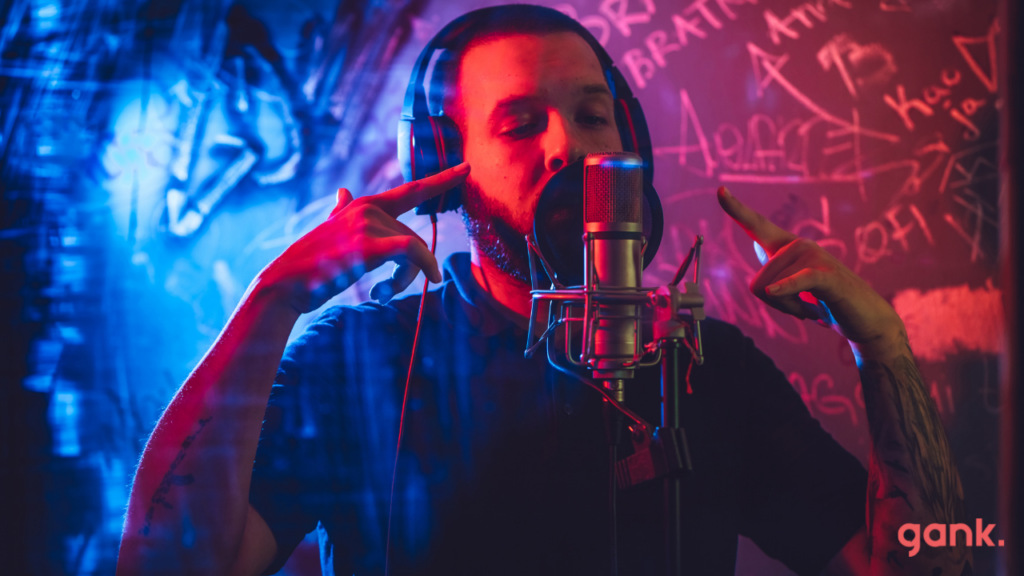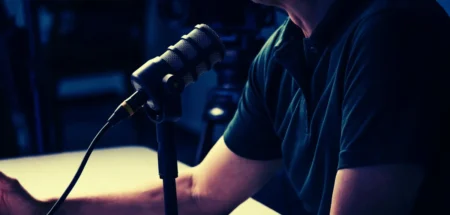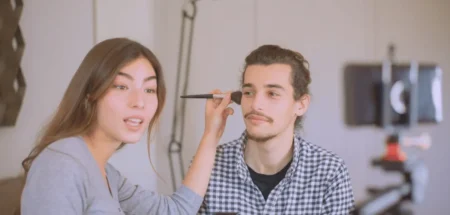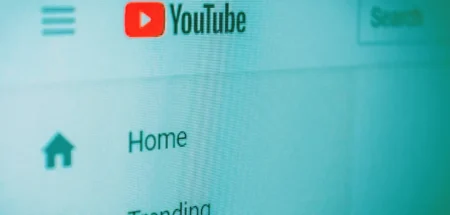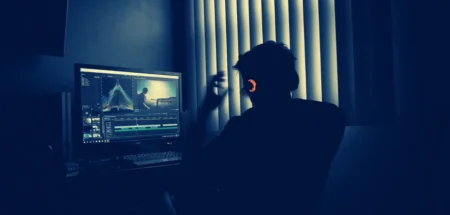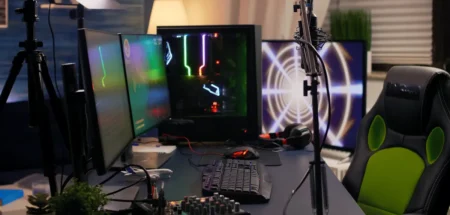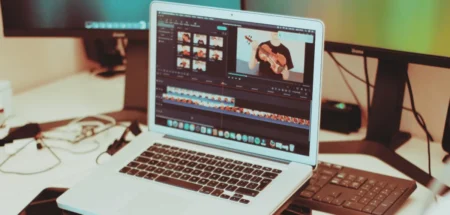Have you ever listened to a song and thought to yourself how amazing it sounds and how you won’t be able to make music that good? Have you ever met someone who can play an instrument and thought they were born with talent like that? All musicians have felt some version of imposter syndrome at some point. The truth is: it’s not all about talent; hard work pays off. It’s all about constant growth. Here are some tips for you to improve your music this 2023!
Do some covers
- Learn from other people’s music. You’re not the only one making music. There are lots of talented artists out there that you can learn from. Try listening to a song or two by someone whose style you admire. Then see if they have tips they’d like to share with you! They could even be willing to give you feedback on your music if asked nicely.
- Do covers for fun. Experiment with songs close to your genre and style that use different instruments and give them a new twist.
- Do covers for practice. You can also use covers as a means to practice different techniques and develop new muscle memory. These new skills can go a long way in helping you write better music this year.
Look for inspiration in other genres
- Music has been around for thousands of years. But did you know that it’s only during the past century that we’ve classified songs by genre? By limiting yourself to one genre, you stand to lose out on many potential influences. While it’s important to respect the history and traditions of your style, don’t try too hard to fit into a narrow box. If your music isn’t working out as well as you’d hoped, look at what others are doing. See if there’s some overlap with their approach that might help improve yours.
- There are plenty of musicians who have made careers out of crossing musical boundaries. Björk comes immediately to mind for her unique blend of pop accessibility with avant-garde experimentation. Joni Mitchell also comes instantly to mind for her transcendent folk ballads backed by jazz-inspired arrangements. By breaking boundaries, you’ll discover more about your identity as a musician.
Make a hit list
There’s a lot of great music out there, but figuring out which ones you’d like to emulate can be tough. One way to do this is by making a hit list. It’s a list of songs you’re genuinely moved by and could listen to for inspiration. It serves different purposes as well:
- It will help you identify what kind of music inspires you.
- It will give you ideas for new songs or covers.
- It will help guide your listening and discovery process as an artist.
Look for new collaborators to help you improve
Another way to improve your music is to look for collaborators who can help you achieve your musical goals. Collaborating with artists with varying styles that complement yours will give your music a fresh take. You might also gain insight on their genre and consider working with similar artists. Of course, the cross-promotion will also be beneficial to both parties.
Try out different forms of music
You can also diversify your musical tastes by trying out different forms of music. You could try listening to classical, reggae, country, or even opera music! Each genre has its own unique sound and rhythm, which means that you can discover something new about yourself and your taste buds.
To try out a new form of music, simply spend some time on YouTube looking up what each genre sounds like. Then pick one song that catches your ear (and make sure it isn’t too long). If this goes well for you, continue exploring different genres until you find one that really speaks to you!
Embrace experimentation
In order to improve your music, you need to embrace experimentation. Don’t be afraid to try new things or even fail at them. The best way to learn is by doing—you’ll only get better if you keep trying!
So what does this look like in practice? Well, it could be as simple as taking a risk on a new instrument for your next song (or even just adding one into an existing piece). Or maybe it’s writing lyrics that are more personal and emotional than anything else you’ve done before, or recording with a different voice than usual. It could also mean doing something totally unexpected from your normal style: making all-electronic music instead of acoustic folk-pop; or mixing up the genre mashups and unusual instrumentation that has made previous records so distinctive.
Diversify your technique
This is a very achievable goal. You can learn a new instrument in just a few months if you put your mind to it, and then continue to improve over the next year or two. You don’t need to be at the level of an expert, but it will help you tremendously if you’re able to play something other than your main instrument by this time next year.
If you already play an instrument, try learning one different from what you already know. For example, if you play the piano, you can learn the bass or drums to supplement it. You can also try to learn another style of music with the same instrument: classical piano might be good for classical compositions; pop songs might be good for pop music; jazz standards could work well depending on how many notes per second are involved in each piece.
If neither option sounds appealing (or if there’s simply no way around it), try playing another type of instrument instead: woodwinds often have less technical requirements than brass instruments; strings usually require less strength than percussion instruments. Just remember not to give up after one week if it doesn’t seem like something is working out perfectly right away—mastering any skill takes time!
Play live more often
Playing live is an important part of being a musician; you’ll get to meet new fans and connect with other artists. Live gigs are also a very nice income stream. It doesn’t have to be limited to the occasional gig or local show. Musicians have now turned to online streaming for their live gigs. If you want to play music as a career, then playing live regularly is critical for developing your skills as a performer and making money from what you do.
It may seem daunting at first, but don’t worry! There are plenty of ways that even beginners can start performing more often than they might think possible — even if all they have is their laptop or phone.
There are many ways to improve your music in 2023
To ensure you’re on the right path, it’s important to identify where you can improve your music. There are many ways to do this:
- Practice your instrument. If there’s one thing that will help your music improve in 2023, it’s time spent practicing and getting better at what you do. Make a list of all the things you have learned so far. Set goals for yourself on how far along each skill should be by the end of 2023. If there are new skills that come up within those five years, add them to your list as well.
- Listen to other genres. It’s easy for us as musicians or creatives (or whatever title separates us from everyone else) to get stuck listening only for ourselves when we create something new; however, listening outside of our own genre will often bring valuable inspiration into our work!
Now that we’ve covered all these ideas, it’s your turn to try them out. The best thing you can do is just get started. Try coming up with some rough ideas for covers, start collecting those songs that inspire you, and make a list of people who might play on your next album. You don’t need to master every instrument right away—and remember: experimentation might lead you in unexpected directions!


